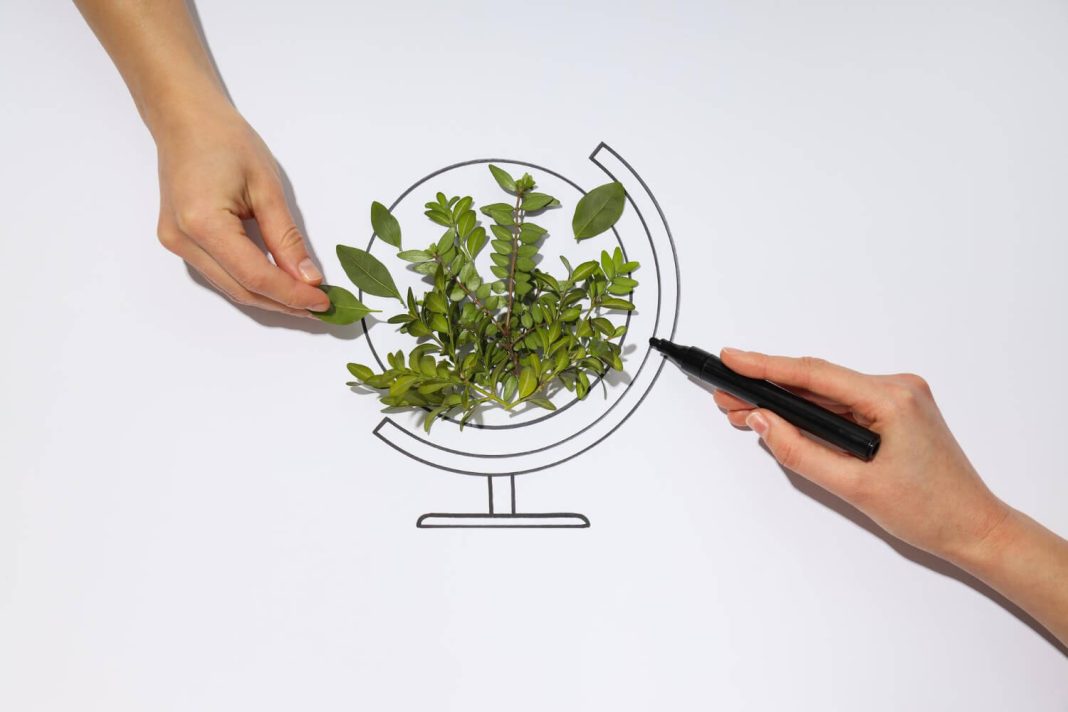As the world grapples with the challenges of climate change, sustainable economics has emerged as a path that aligns profitability with environmental responsibility.
Companies, consumers, and governments are increasingly recognising that economic success can go hand-in-hand with sustainability.
Through innovation and strategic investments, businesses and individuals alike can drive growth while reducing their environmental footprint.
Sustainable economics is not only an ethical imperative but also an opportunity to develop new, profitable pathways for a greener future.
Investing in Renewable Energy Solutions
One of the most impactful areas for sustainable growth is renewable energy. With traditional power sources like coal and oil contributing significantly to carbon emissions, the shift towards renewable energy options offers both environmental and economic benefits.
For example, companies and households can reduce their reliance on the grid by investing in solar panels, wind turbines, or geothermal systems. Smaller energy solutions, like a portable power station, are becoming popular among eco-conscious consumers, enabling them to store energy on a smaller scale, even for mobile or off-grid applications.
Investments in renewable energy have proven to be profitable as well. The cost of solar and wind technology has dropped significantly in recent years, making it accessible for a broader audience.
By investing in renewable energy, businesses not only reduce their carbon footprint but also gain access to a reliable energy source, potentially lowering operating costs over time.
Sustainable Agriculture and Food Production
Agriculture is one of the world’s largest industries and, unfortunately, a major contributor to deforestation, water consumption, and greenhouse gas emissions.
However, sustainable agricultural practices are on the rise, with methods like regenerative farming, vertical farming, and organic cultivation gaining traction.
These approaches not only reduce environmental impact but also create healthier food products for consumers, adding value to the supply chain.
Businesses that adopt sustainable agriculture can improve soil health, reduce water consumption, and minimise pesticide use. This makes agricultural operations more resilient to climate change and market fluctuations.
By focusing on eco-friendly practices, companies in the agricultural sector can tap into the growing demand for sustainably sourced food, enhancing their reputation and profit potential.
Circular Economy and Waste Reduction
The circular economy represents a shift away from traditional models, instead focusing on designing products for reuse, recycling, or upcycling. By keeping materials in use for as long as possible, the circular economy reduces waste and conserves resources, creating a closed-loop system.
Companies that incorporate these principles into their production processes can reduce costs associated with raw materials and waste disposal, while also meeting consumer demand for sustainable products.
Major brands across various industries, from fashion to electronics, are adopting circular practices to gain a competitive edge. The circular economy provides an innovative, profitable path to resource conservation and reduced environmental impact.
Sustainable Transport and Mobility
Transportation is a major contributor to greenhouse gas emissions, but advancements in electric vehicles (EVs) and public transport are reshaping the future of mobility.
Electric and hybrid vehicles are now widely available, and infrastructure for EV charging stations is expanding rapidly.
The use of electric vehicles and the development of more efficient public transportation systems contribute to lower emissions, less noise pollution, and reduced reliance on fossil fuels.
For eco-conscious travellers or businesses with transport needs, innovative solutions like PPS for motorhome setups offer a portable power option to keep mobile devices and appliances powered sustainably.
As the demand for sustainable travel options grows, companies focusing on green transport solutions are well-positioned to capitalise on this trend.
Promoting a Sustainable Economy
Creating a sustainable economy requires collaboration between businesses, governments, and individuals. As more companies adopt sustainable practices, they drive demand for greener products, making them more accessible and affordable for consumers. This, in turn, fosters a market environment where eco-friendly products and services become the norm, encouraging more businesses to follow suit and innovate in ways that prioritize environmental and social responsibility.
Governments play a crucial role by enacting policies that support sustainable innovation and reward businesses for eco-friendly practices. By creating frameworks that prioritize sustainable development—such as carbon pricing, emissions trading, and renewable energy targets—governments can accelerate the transition to a green economy.
Tax incentives, grants, and supportive regulations encourage companies to invest in green technology and sustainable operations, setting the stage for large-scale change. These financial benefits help reduce the initial costs associated with sustainable investments, from solar energy installations to waste reduction technologies. As a result, businesses are better positioned to adopt long-term sustainable practices, reducing their environmental footprint while also gaining a competitive advantage in an increasingly eco-aware market.
Towards a Profitable and Sustainable Future
The journey toward a sustainable economy isn’t just beneficial for the environment—it’s profitable for businesses, governments, and consumers.
As sustainable practices become the norm, industries across the board can innovate, thrive, and adapt to changing demands.
The shift towards greener economic practices represents a positive step toward a balanced, prosperous, and environmentally conscious future.

